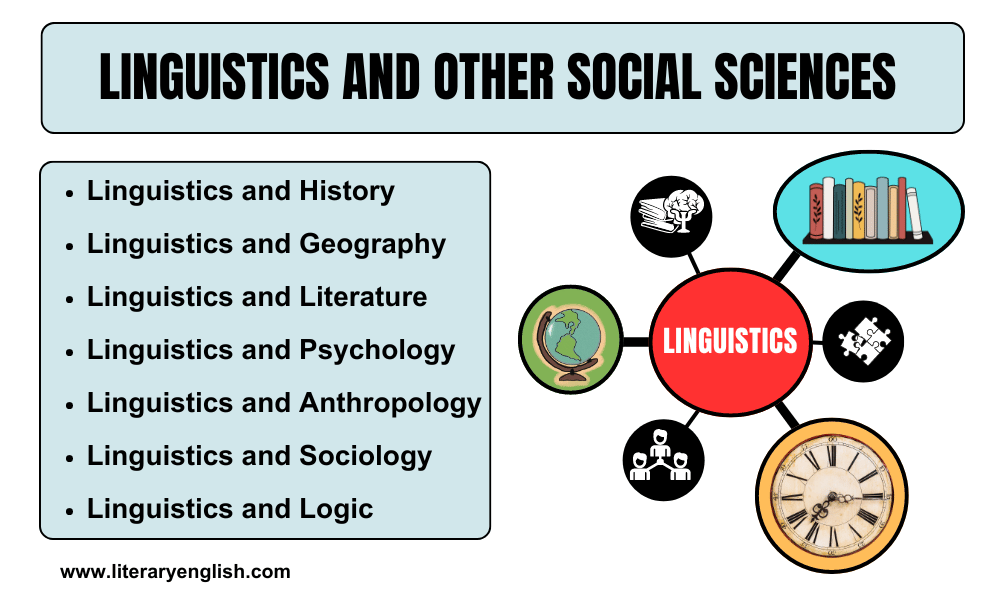Linguistics, the scientific study of language, intersects with various social sciences, offering profound insights into human behavior, culture, cognition, and society. This article explores the connections between linguistics and other social sciences, highlighting the interdisciplinary nature of linguistic research.
Linguistics and History
Historical linguistics and history are closely related, as the study of language evolution provides valuable data on historical human migrations, cultural contacts, and social changes. Linguists reconstruct ancient languages and trace language families, helping historians understand how languages spread and influence each other over time. For instance, the study of Indo-European languages has shed light on prehistoric migrations and cultural exchanges in Europe and Asia.
Linguistics and Geography
Geographical linguistics, or geolinguistics, examines the spatial distribution of languages and dialects. This field explores how geographical factors such as terrain, climate, and migration patterns influence language development and variation. Linguistic geography helps map linguistic features across regions, revealing how languages adapt to different environmental contexts and how regional dialects form and evolve.
Linguistics and Literature
Linguistics and literature intersect in the study of stylistics, narrative structures, and textual analysis. Linguistic analysis of literary texts uncovers the underlying structures and patterns that contribute to meaning and aesthetic effect. This relationship enhances our understanding of how language is used creatively and expressively in literature, providing insights into an author’s style, thematic concerns, and cultural context.
Linguistics and Psychology
Psycholinguistics explores the cognitive processes underlying language acquisition, comprehension, and production. By examining how the brain processes language, this field bridges linguistics and psychology, offering insights into cognitive functions and mental representations. Research in psycholinguistics informs theories of learning, memory, and perception, contributing to a deeper understanding of how humans communicate and understand language.
Linguistics and Anthropology
Linguistic anthropology studies how language shapes and is shaped by social life and cultural practices. This field explores the role of language in socialization, identity formation, and cultural transmission. Anthropological linguists conduct fieldwork to document languages, especially those of indigenous and marginalized communities, preserving linguistic diversity and uncovering the rich cultural knowledge embedded in language.
Linguistics and Sociology
Sociolinguistics investigates the relationship between language and society, examining how language varies across different social groups and contexts. This field explores issues such as dialects, sociolects, language attitudes, and language policies. Sociolinguistics helps us understand how language reflects and reinforces social identities, power dynamics, and social stratification, providing insights into issues like bilingualism, code-switching, and language change.
Linguistics and Logic
Linguistics and logic intersect in the study of formal semantics and the logical structure of language. This field examines how meaning is constructed and understood through language, using formal systems to analyze linguistic expressions. The relationship between linguistics and logic helps clarify how language represents and conveys information, contributing to fields such as computational linguistics, artificial intelligence, and philosophy of language.
Conclusion
The intersections between linguistics and other social sciences highlight the multifaceted nature of language as a social and cognitive phenomenon. By exploring these connections, researchers gain a comprehensive understanding of human behavior, culture, and cognition, enriching knowledge across disciplines and advancing the study of language in its various contexts.
You might be interested in…
- What is Linguistics?
- Branches of Linguistics
- Synchronic Linguistics vs. Diachronic Linguistics
- Key Characteristics of Language | Human Language
- Human Language vs. Animal Communication
- Causes of Language Change | Types of Language Change
- Linguistics and Applied linguistics | Relationship
- Competence and Performance | Noam Chomsky’s
- Linguistics Functions
- The Concept of Langue and Parole by Saussure
- Applications of Linguistics
- Career of a Linguist
